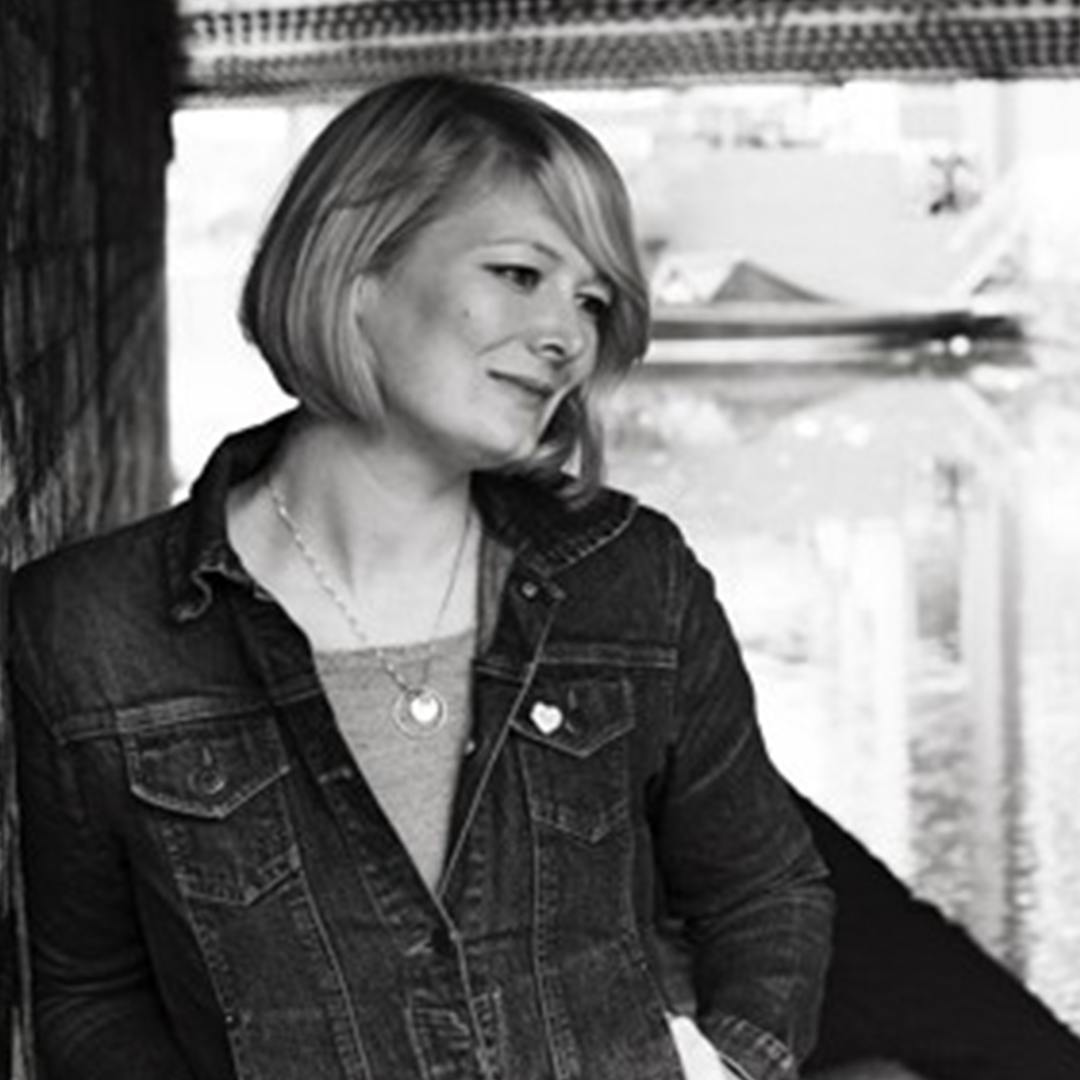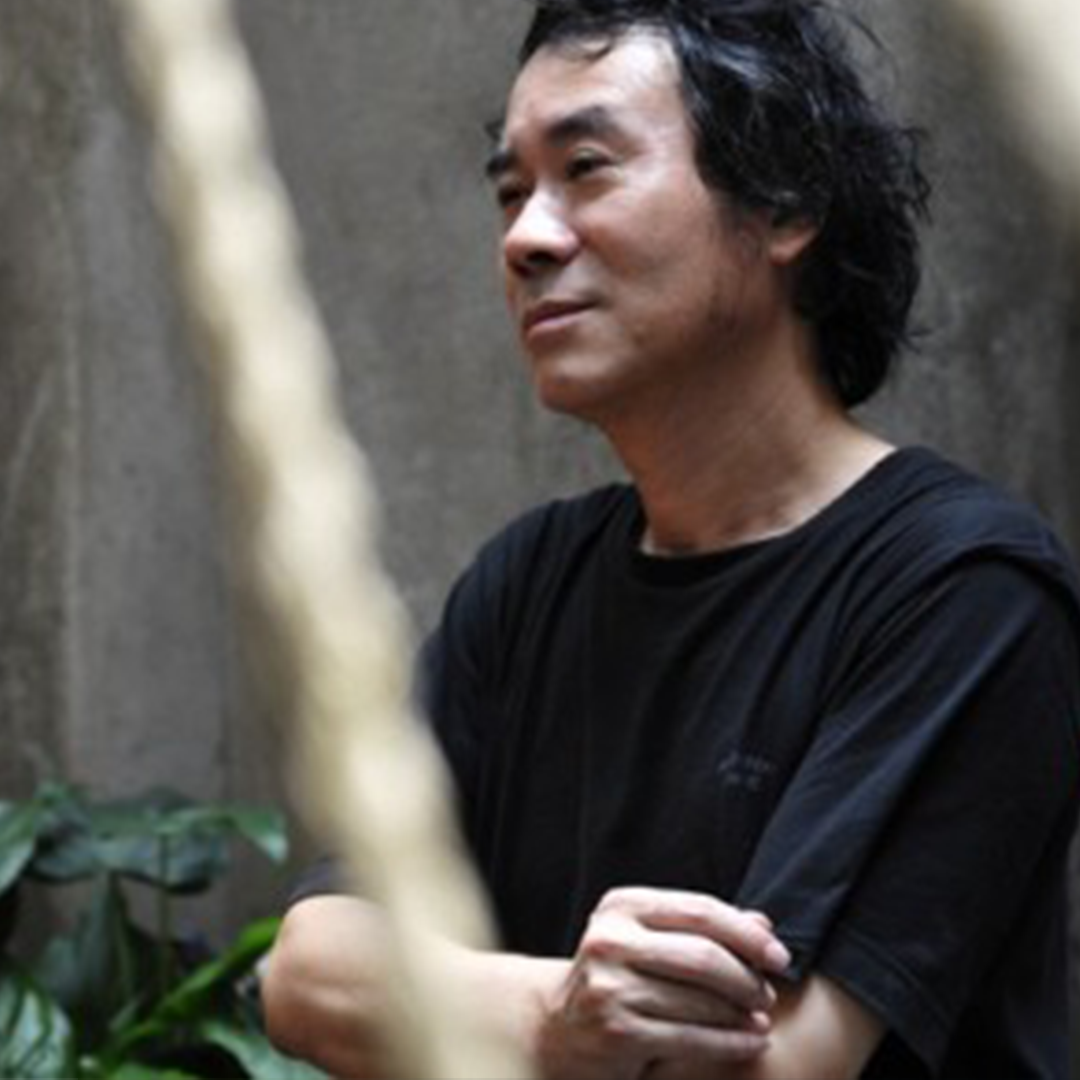9 Jun 2010 | Uncategorized
Much may have changed in the 44 years since North Korea last fielded a team at the World Cup, but the country’s government remains as staunch as ever in controlling the flow of information both to and from its citizens.
Thus far, the addition of totalitarianism to the cosmopolitan, carnivalesque mix of the World Cup has been not only a sinister but faintly surreal exercise, with journalists attending yesterday’s training session outside Johannesburg turned away in farcical circumstances. Having been told that the practice would be open to the media, anyone turning up found the gates barred, and their presence most definitely unwelcome. A small number of photographers were accidentally let into the padlocked and guarded stadium, but were hurriedly ejected as the team bus arrived.
Previously, head coach Kim Jong-Hun had, somewhat sneakily, attempted to trade on the mystery surrounding his players by registering one of his reserve centre forwards as a goalkeeper (FIFA rules state that each team’s squad must include three keepers); his plan backfired, however, when he was found out, and told that striker Kim Myong Won would now only be able to play in goal.
Not that those cheering for the North Koreans are likely to notice the difference: the 1,000 or so North Korean supporters currently in South Africa are actually a cohort of Chinese actors and musicians hired out to cover the fact that few North Koreans possess the necessary funds and permission to travel to watch the tournament. Back at home, television coverage is likely to excise any mention of the team’s defeats or poor performances.
Government supervision also extends to the players themselves. Hong Young Jo, one of the few squad members to play his club football outside North Korea, was interviewed by the Russia’s Sport-Express newspaper in 2008, alongside a burly “translator” from North Korea’s security forces, who followed him at all times, granting or denying permission for Hong to speak to journalists or go for dinner with his team-mates.
The more sinister side of North Korea’s involvement in the tournament was underlined by the protests that greeted the team’s arrival in Zimbabwe for a series of warm-up matches at the beginning of June. Zimbabwean security forces trained by the North Korean army were responsible for brutally quashing a 1987 insurgency in the province of Matabeleland, killing between 8,000 and 20,000 civilians; when the North Korean team were invited to stay in Bulawayo, the province’s capital, mass public outrage caused the entire trip to be abandoned.
However, North Korea’s policy of insulating their team from scrutiny may collide with FIFA’s approach to publicity within the next few days: their rules state that all teams must be available for media appearances at least 5 days before their first game. With North Korea kicking off their campaign on June 15, it’s likely that we will shortly get to see players and coaches communicating directly with the international press. The extent to which they’ll be able to speak freely is slightly harder to predict.
4 Mar 2010 | Index Index, minipost, Uncategorized
A factory worker has been executed by firing squad in North Korea for divulging information to a friend in South Korea. The man, who has only been identified by his surname Chong, was accused of sharing the price of rice and other information on an illegal mobile phone with a defector. Seoul-based Open Radio for North Korea revealed that security officials raided the man’s house and found a Chinese-manufactured phone. North Korea does allow mobile devices to be used, but their range is limited to the capital Pyongyang. The country is notorious for its disregard of human rights and has no organised political opposition or a free media.
25 Jun 2020 | Magazine, Volume 49.02 Summer 2020
[vc_row][vc_column][vc_custom_heading text=”What do citizens in South Korea, Italy and Spain think about the long-term consequences of signing up to Covid-19 apps? Our reporters Silvia Nortes, Steven Borowiec and Laura Silvia Battaglia report for Index on Censorship magazine.” google_fonts=”font_family:Libre%20Baskerville%3Aregular%2Citalic%2C700|font_style:400%20italic%3A400%3Aitalic”][vc_single_image image=”114058″ img_size=”full” add_caption=”yes”][vc_column_text]
SOUTH KOREA
Kim Ki-kyung, a 28-year-old who lives in Seoul, is used to the idea of his mobile phone tracking his movements, so he wasn’t bothered when he learned that his government would have access to his location data as part of efforts to contain the coronavirus outbreak.
He is far from the only one being tracked in this way. Several times a day, the millions of smartphones in South Korea bleat in unison with alerts from governments that users cannot opt out of receiving. When COVID-19 cases are diagnosed, the age and gender of the patients is disclosed to the public, along with the routes the patients took in the days before their diagnosis, so that others can avoid those places.
While the system raises issues of privacy, Kim thinks the potential benefits outweigh the concerns. “Everyone is at least somewhat reluctant to share personal data with the government, but the tracking app allows the authorities to monitor people who are in self-quarantine, and will allow epidemiological surveys to be done faster,”Kim said.
“The government system sounds terrible at first but it really isn’t all that different from regular smart services, like Google Maps or Nike Run Club,”Kim said.
Kim says he follows, through the news, how the government plans to handle the data gleaned from the program, but isn’t much worried about the data being used for some nefarious purpose somewhere down the road. He feels the more urgent task is containing the public health crisis.
SPAIN
In Spain, our interviews found respondents were more concerned about the use of personal information collected by monitoring apps, than in the other countries. The main conclusion drawn from the interviews is that people do not trust this system completely and fear data might be misused by the government and private companies, perhaps because some people have memories of what it was like living under the General Franco dictatorship.
Juan Giménez, 28, agreed with using these apps “only for controlling the spread of the virus”. Cristina Morales, 26, considers it “a violation of privacy, but, at the same time, it is appropriate to guarantee the citizens’safety and prevent confinement violations”.
Ana Corral, 22,said it is “OK as long as we know which information is used exactly, how it will be used and where the data is saved. If the goal is to know if you might have infected or been infected, that is fine”.
Some also mention social good as a priority. “There are always individual sacrifices for the common good”, said Manuel Noguera, 40. For Eduardo Manjavacas, 40, “the end justifies the means.” “Everything made for a global good and with a clear privacy policy is welcome. We live in a digital age, our data is studied daily for commercial purposes”, said Amelia Rustina, 30, while Sabina Urraca, 36, added she is “ready for that sacrifice. I would like to trust individual responsibility, but I don’t.”
On the other hand, older people are more reluctant, and many claim they would not register in these apps at all.
ITALY
They trust the government but with some doubts; they believe that giving up part of their privacy is a negotiable asset to protect public health; they want more reassurances on the functioning of the tracking app, wishing to know who will keep the sensitive data after the end of the pandemic.
These are the attitudes of Italian citizens of all ages relating to the use of a Covid-19 tracking app.
Index spoke to 50 Italian citizens – aged between 20 and 60, of different parts of the country, different professions and different backgrounds – about their thoughts on the Immuni tracking app announced by the Italian government as part of its approach to Covid-19.The Immuni app was preceded by a similar experiment in the Italian region most affected by the pandemic: Lombardy, where some of them live.
Federica Magistro, 22, university student, and Anna Pesco, 60, a teacher, living in Milan have downloaded the app in Lombardy, and are currently using it. They also plan to use the national app. Both hope that the remaining 60% of Italians also think the same way, so it maximises its use to of the entire population. Federica said: “I think I should trust those who are developing it and the government that offers it”, while Tesco said: “I would like maximum transparency and I would like to have absolute guarantee on the cancellation of my data at the end of the pandemic.”
[/vc_column_text][/vc_column][/vc_row]
12 Sep 2019 | Magazine, Magazine Editions, Volume 48.03 Autumn 2019
Novelist
Elif Shafak is an award-winning Turkish novelist and advocate for free expression. Her latest novel 10 Minutes 38 Seconds in This Strange World has been long-listed for the Booker Prize.
Novelist
The award-winning novelist Kerry Hudson’s memoir Lowborn captured the imagination of the British public this year because of her vivid description of her dysfunctional family and growing up in poverty in the UK.
Writer
Chen Xiwo is a censored Chinese author, most famous for his collection of stories The Book of Sins which was published in English in 2014. His controversial novella I Love My Mum remains banned in China



